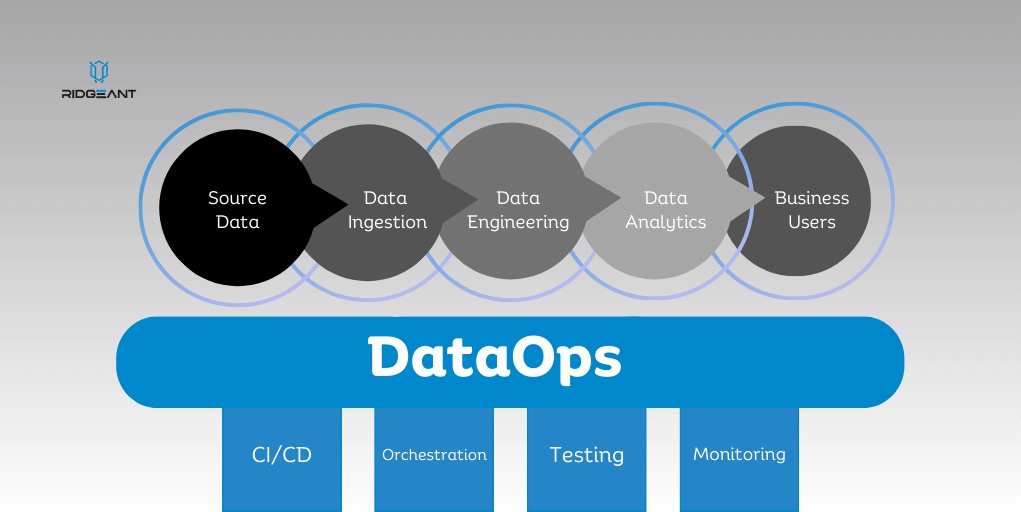DataOps, a methodology that combines data engineering, data integration, and data governance, brings several benefits to organizations looking to improve their data management practices. Here are the top 10 benefits of DataOps:
-
Accelerated Time to Value: DataOps streamlines the entire data lifecycle, from data ingestion to data delivery, enabling organizations to deliver insights and analytics faster. It reduces the time required for data processing, integration, and transformation, leading to quicker decision-making and improved time to market for data-driven projects.
-
Increased Agility and Flexibility: DataOps promotes agile practices in data management, allowing organizations to quickly adapt to changing business requirements and market conditions. It facilitates rapid experimentation, iterative development, and continuous integration and deployment of data pipelines, enabling teams to respond more effectively to business needs.
-
Enhanced Collaboration: DataOps encourages collaboration among different teams involved in data-related activities, such as data engineers, data scientists, analysts, and business stakeholders. By breaking down silos and fostering cross-functional communication, it promotes better teamwork, knowledge sharing, and alignment of goals, leading to improved outcomes.
-
Improved Data Quality and Governance: DataOps emphasizes data quality and governance throughout the data lifecycle. It includes automated data validation, monitoring, and error handling mechanisms, ensuring that data is accurate, consistent, and compliant with relevant regulations. This leads to more reliable insights and reduces the risks associated with poor data quality.
-
Scalability and Efficiency: With DataOps, organizations can design scalable and efficient data pipelines that can handle large volumes of data and growing workloads. It leverages technologies like cloud computing, containerization, and distributed processing frameworks to achieve parallelization, resource optimization, and seamless scalability, enabling organizations to process and analyze data more efficiently.
-
Increased Visibility and Transparency: DataOps provides visibility into the data pipeline, allowing organizations to track data lineage, understand data transformations, and monitor data flows. This transparency helps in identifying bottlenecks, troubleshooting issues, and ensuring compliance with data regulations. It also facilitates auditing and provides a clear understanding of how data is transformed and used across the organization.
-
Faster Issue Resolution: DataOps incorporates automated testing, monitoring, and error handling mechanisms, enabling early detection and resolution of issues in the data pipeline. This proactive approach minimizes the impact of data quality issues, data integration failures, or other errors, leading to faster issue resolution and reduced downtime.
-
Cost Optimization: By leveraging cloud-based infrastructure, containerization, and automated resource provisioning, DataOps helps optimize costs associated with data management. It enables organizations to scale resources up or down based on demand, eliminates the need for manual infrastructure management, and reduces the risk of overprovisioning or underutilization, resulting in cost savings.
-
Improved Compliance and Security: DataOps promotes adherence to data governance policies, security protocols, and privacy regulations. It includes data access controls, encryption mechanisms, and auditing capabilities to ensure that sensitive data is protected and accessed only by authorized individuals. Compliance with regulations such as GDPR or HIPAA is easier to achieve and maintain with DataOps practices in place.
-
Continuous Improvement: DataOps fosters a culture of continuous improvement by promoting feedback loops, performance monitoring, and data-driven decision-making. It enables organizations to learn from past experiences, identify areas for optimization, and make data management processes more efficient over time. This iterative approach drives innovation and helps organizations stay ahead in the rapidly evolving data landscape.
These benefits make DataOps a valuable approach for organizations seeking to leverage their data as a strategic asset and gain a competitive edge in today's data-driven world.


No comments yet